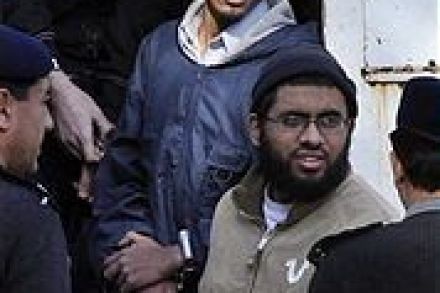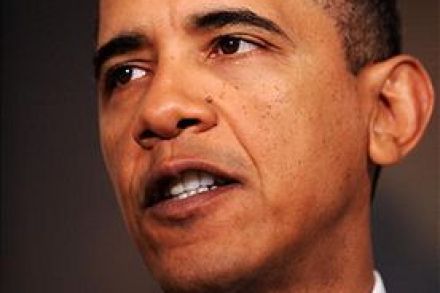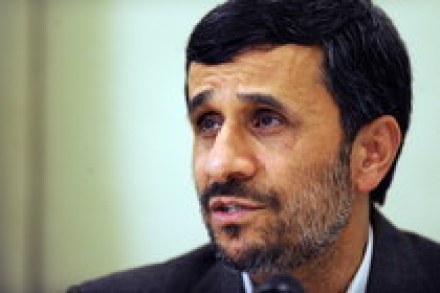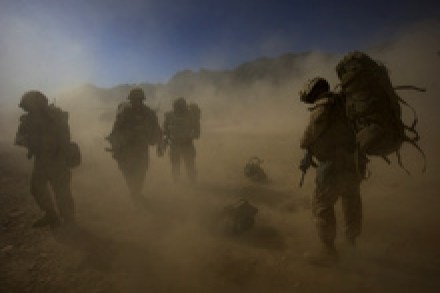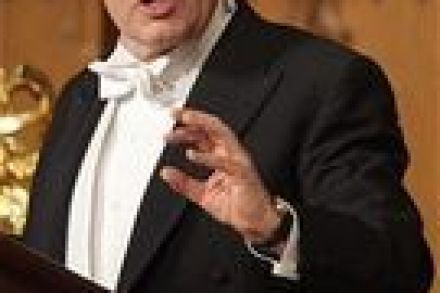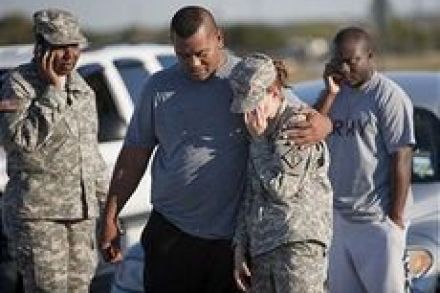How British: a tea party
Don’t you think that ‘The Ship Money Movement’ is a more appropriate name for a British anti-tax forum? You know, given the connotations of ‘Tea Party’ in these climes? Titles are instructive, and, as James wrote yesterday, the British right has a growing fascination with its American counterpart. Perhaps I’m over doing it, but it seems a testament to the State’s dominance in post-war Britain that the country’s libertarian tradition, extending back through Burke, Bolingbroke, Locke, Milton and to Hampden himself, is no longer the right’s primary inspiration. Putting my slightly absurd ruminations aside, the coming of the Tea Party Movement to Britain is significant. Dan Hannan will address the



